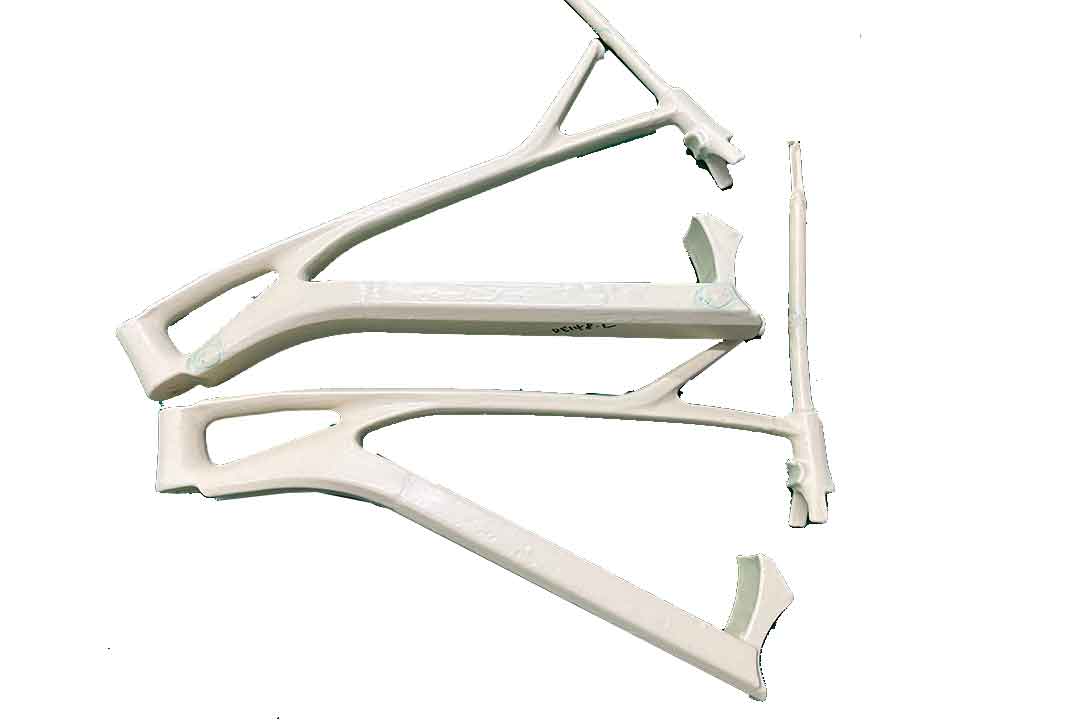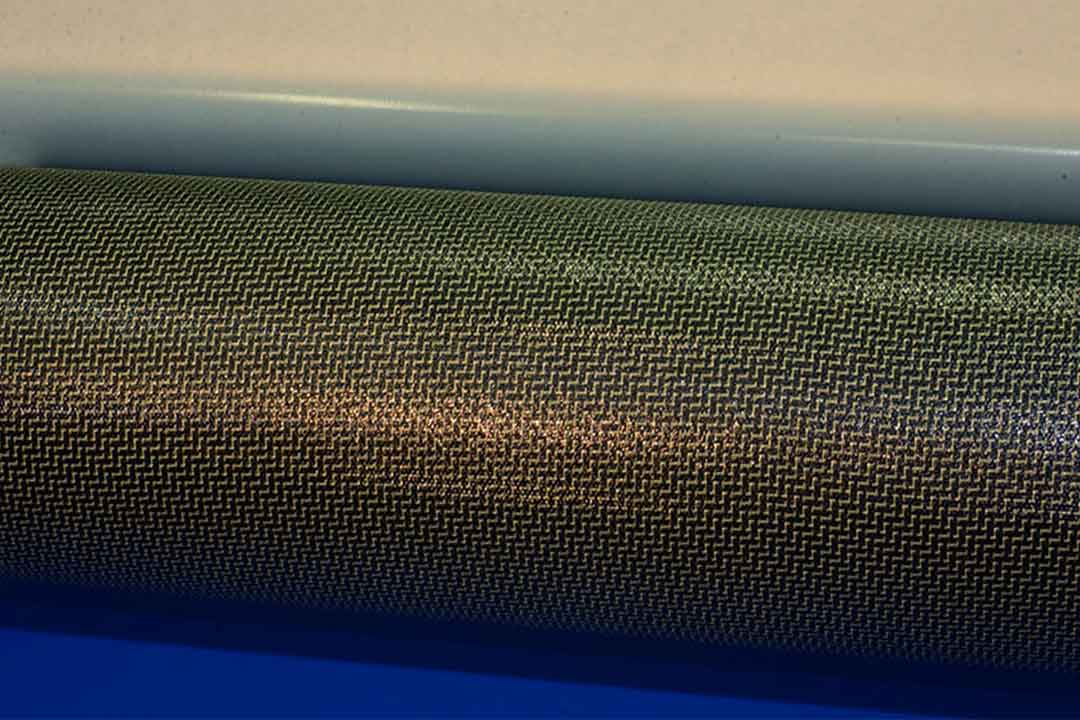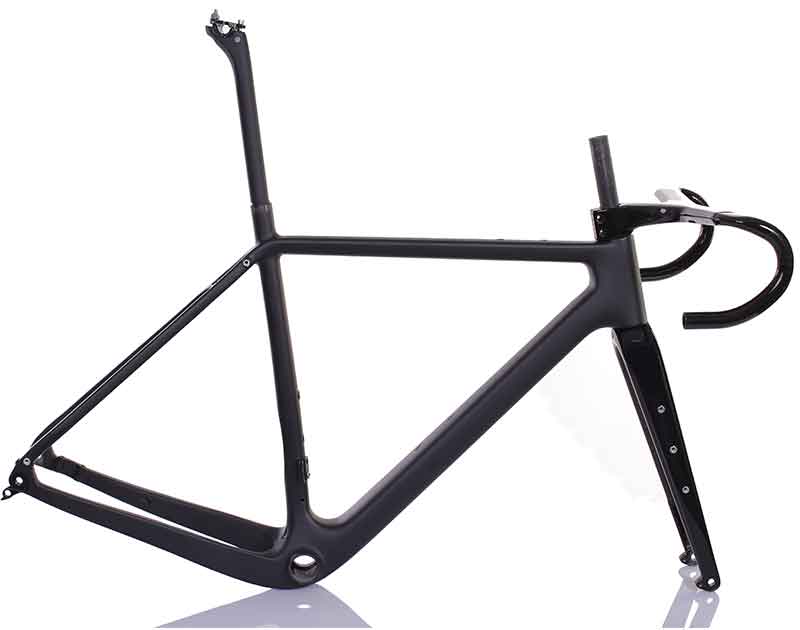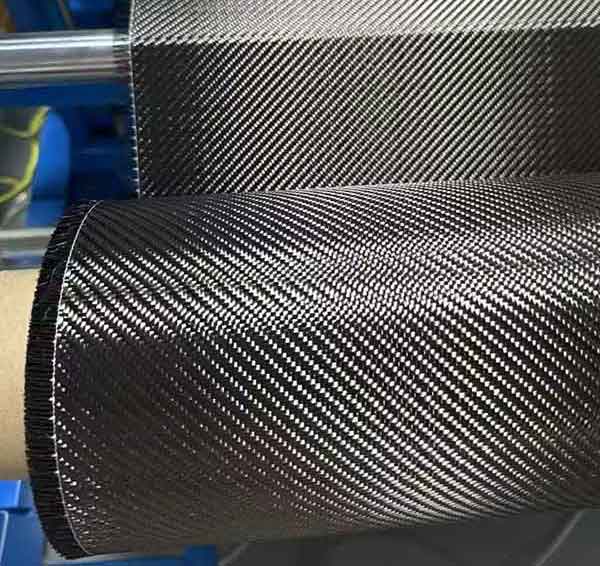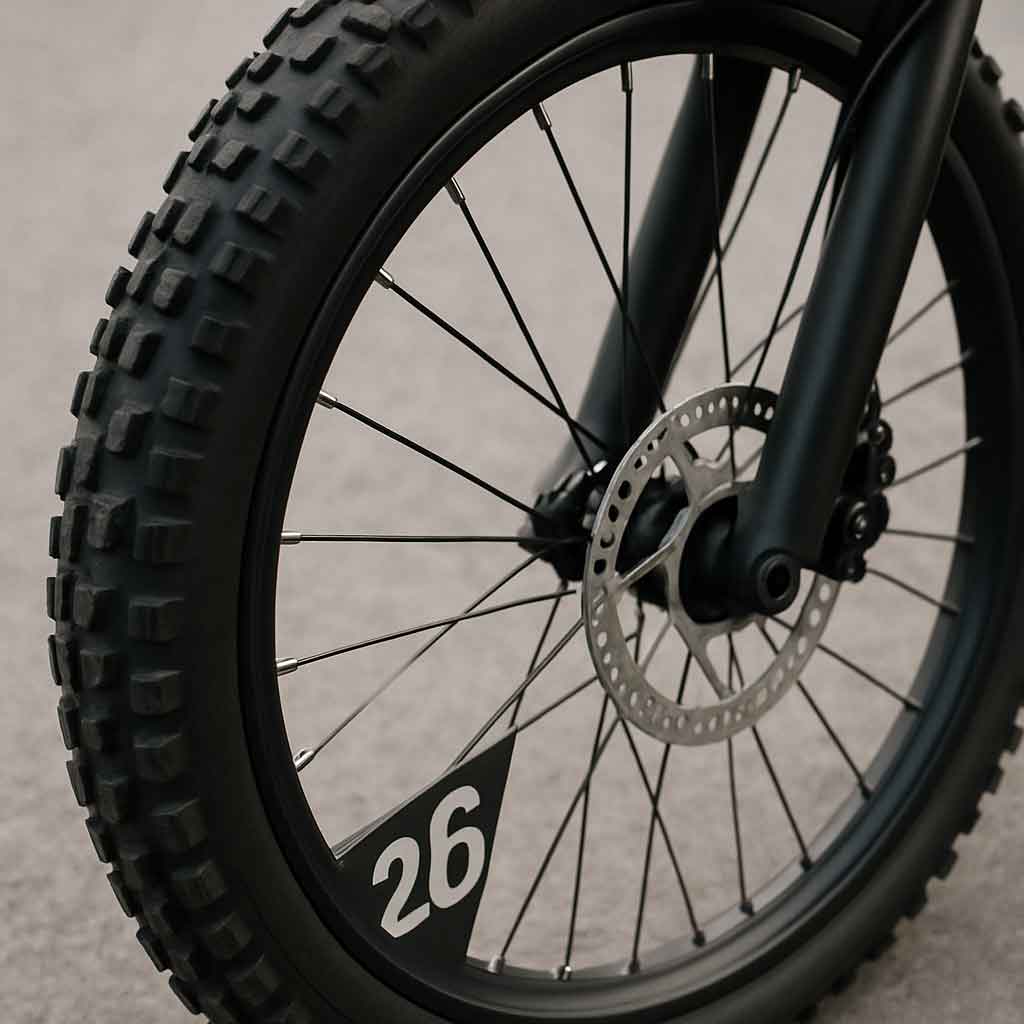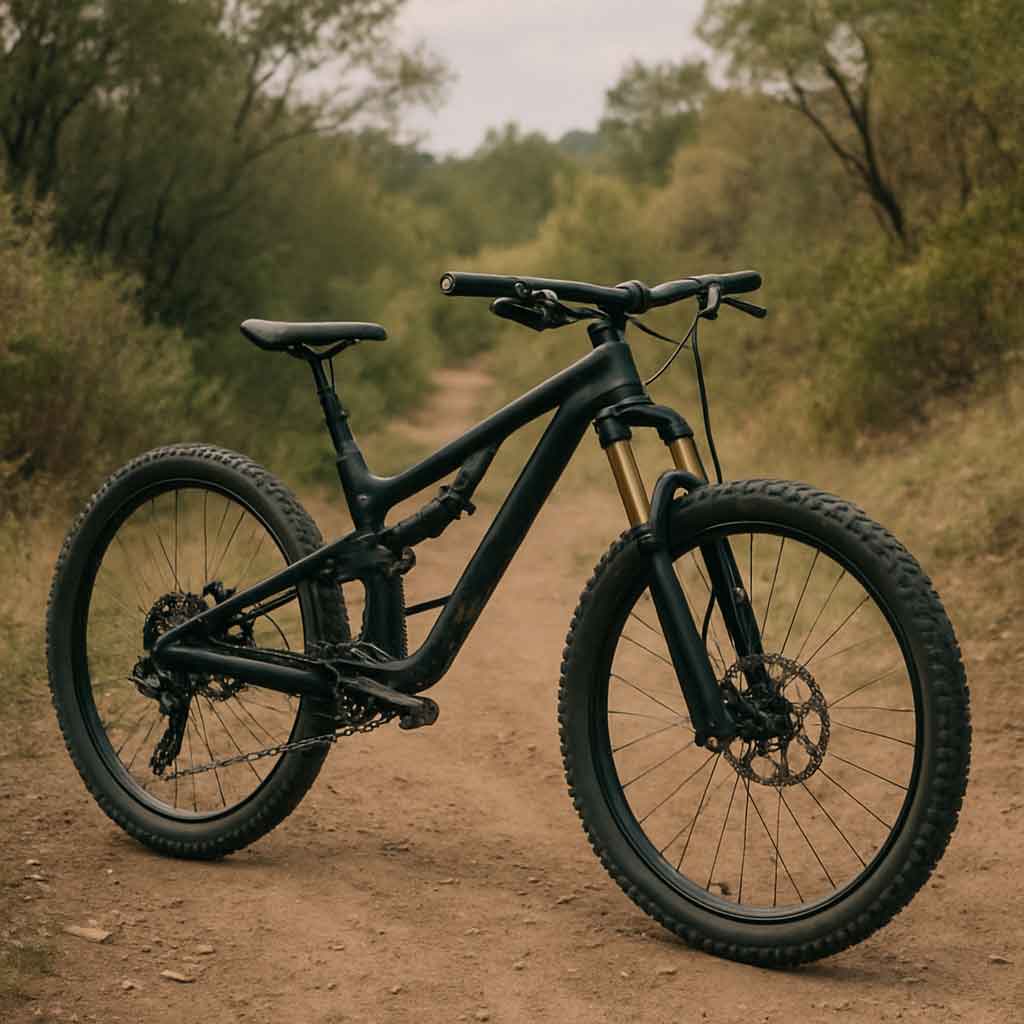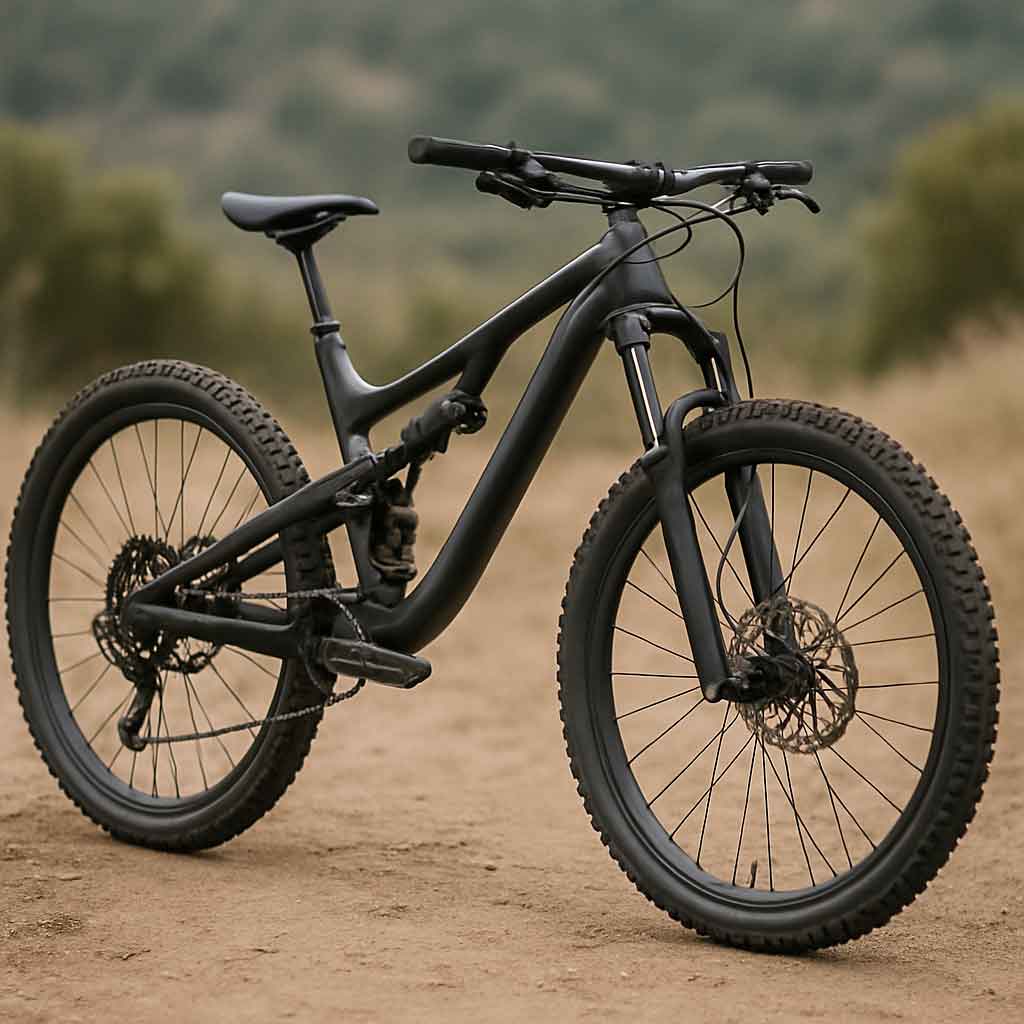Welcome to Mondince Bike - A well-known factory specialized in produce carbon bike frame and other parts since 2007.
Benefits of Upgrading Your Gravel Fork
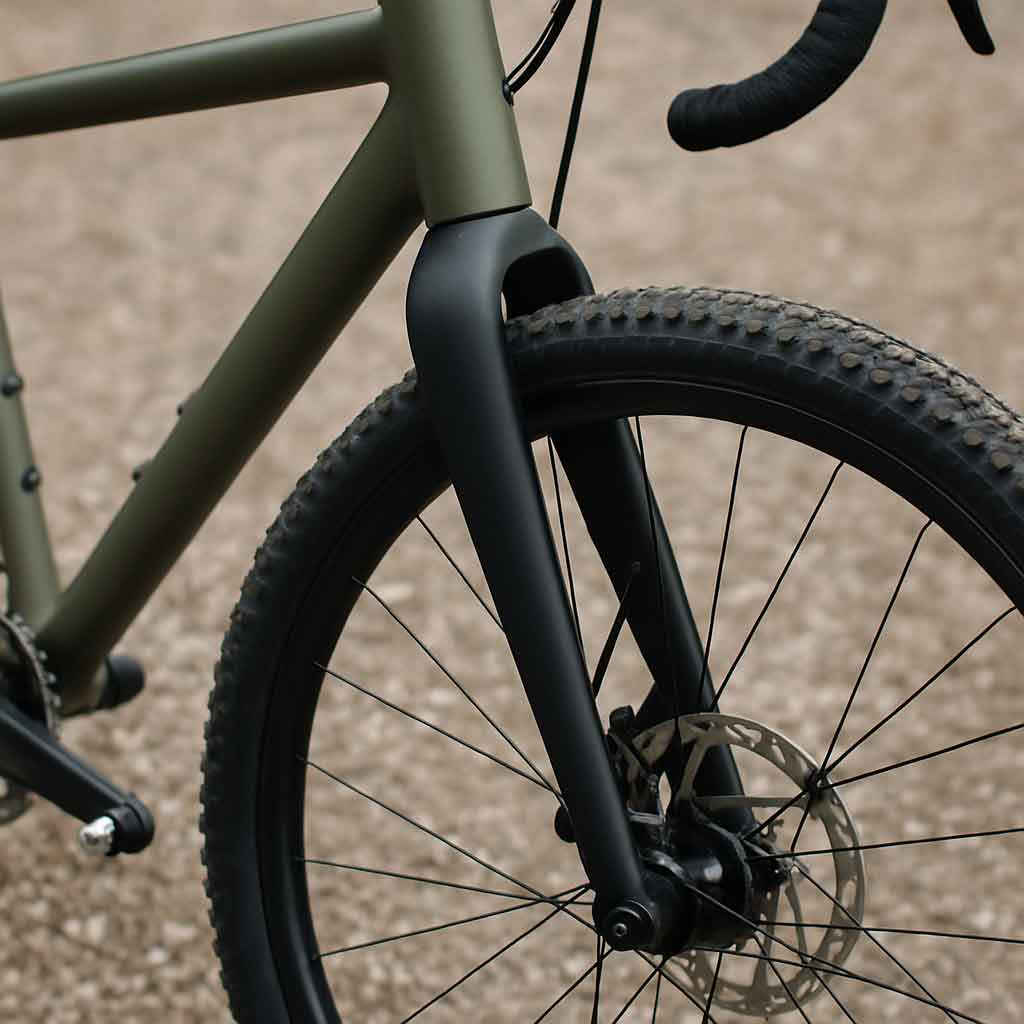
Gravel forks are designed to handle the unique demands of gravel riding. Unlike traditional road bike forks, gravel forks are built to manage rough, uneven terrain without compromising speed or control. They come in various types, including rigid forks and suspension forks, each offering distinct advantages.
The Functionality of Gravel Forks
Gravel forks are engineered to provide a balance between stiffness and flexibility. This balance is crucial for maintaining speed while ensuring comfort on uneven surfaces. Gravel forks must be robust enough to withstand the demands of off-road conditions without adding unnecessary weight to the bike. Each component, from the steerer tube to the fork legs, is crafted to enhance the rider's experience across diverse terrains.
Rigid Gravel Forks
Rigid gravel forks are lightweight and efficient, making them a popular choice for riders who prioritize speed and simplicity. These forks are often made from materials like carbon fiber, which provides a good balance of weight and strength. Rigid forks offer a direct and responsive feel, which many cyclists appreciate for its precision in steering and handling. They are typically low-maintenance, making them ideal for riders who prefer to focus on the ride rather than the upkeep.
Suspension Gravel Forks
Suspension gravel forks offer shock absorption, which can be beneficial on particularly rough trails. They can add a bit of weight compared to rigid forks, but the added comfort and control can be well worth it for many riders. Suspension forks use a combination of air or coil springs and dampers to absorb impacts, smoothing out the ride over bumpy paths. This technology allows the rider to maintain speed and control even in challenging conditions, reducing fatigue over long distances.
Benefits of a Carbon Gravel Fork
A carbon gravel fork is a popular upgrade for many cyclists due to its lightweight and durable nature. Here's why you might consider switching to a carbon fork:
Lightweight Characteristics
Carbon forks are significantly lighter than their aluminum or steel counterparts. This reduction in weight can make a noticeable difference in your ride, particularly over long distances or challenging terrains. A lighter fork means less effort is required to pedal, which can improve your overall speed and efficiency. Additionally, the reduced weight can enhance the handling of the bike, making it more agile and responsive.
Strength and Durability
Despite being lightweight, carbon forks are incredibly strong. They provide excellent durability, which is essential when you're navigating tough trails. Carbon fiber is known for its high tensile strength, which allows it to withstand the stresses of off-road riding without deforming. This durability ensures that your fork will last longer and maintain its performance over time, providing a reliable component for all your cycling adventures.
Vibration Damping
Carbon has natural vibration-damping properties, which means it can absorb a lot of the shocks and vibrations from the road or trail. This feature results in a smoother, more comfortable ride, reducing fatigue on long rides. The ability of carbon to dampen vibrations also contributes to better control and stability, allowing you to maintain your line even on the roughest surfaces. This can be particularly beneficial in maintaining grip and confidence when descending at speed.
Why Choose a Suspension Fork?
.jpg)
If you often find yourself on particularly rough or technical trails, a gravel bike suspension fork could be a game-changer. Here's why:
Improved Comfort and Ride Quality
A suspension fork can significantly improve ride comfort by absorbing shocks and bumps. This feature is particularly beneficial on uneven terrain, where a rigid fork might transmit more impact to the rider. The shock absorption capabilities of a suspension fork mean that you can ride longer and farther without feeling as fatigued. This can be especially advantageous on multi-day tours or endurance events, where maintaining energy levels is crucial.
Enhanced Control and Handling
With a suspension fork, you'll have better control over your bike on challenging surfaces. The fork can help maintain traction and stability, allowing you to navigate obstacles with greater ease. By keeping the front wheel in contact with the ground more effectively, a suspension fork enhances steering precision and confidence. This can be particularly useful in technical sections where precise handling is necessary to avoid hazards or choose the best line.
Versatility Across Terrains
A suspension fork can make your gravel bike more versatile, allowing you to tackle a wider range of terrains. Whether you're on a rocky trail or a smooth road, a suspension fork can adjust to provide optimal performance. This adaptability means you don't have to compromise on your ride, regardless of where your adventures take you. It allows for a seamless transition between different types of terrain, making your bike suitable for a variety of riding conditions.
Finding the Best Gravel Suspension Fork
When choosing the best gravel suspension fork, consider factors such as travel, weight, and adjustability.
Understanding Fork Travel
Travel refers to the amount of movement the suspension fork allows. Typically, gravel bike suspension forks have less travel than mountain bike forks, usually around 30-50mm. This amount is sufficient for most gravel riding without compromising efficiency. The right travel amount can enhance your ride by providing just enough cushion to smooth out bumps without overly affecting your pedaling efficiency. It's important to match the travel to your riding style and the types of terrain you frequently encounter.
Balancing Weight and Performance
While suspension forks add some weight compared to rigid forks, modern designs are relatively lightweight. Look for forks that balance weight with performance to ensure you're not sacrificing speed for comfort. Advanced materials and engineering techniques have allowed manufacturers to create forks that are both durable and lightweight, providing the benefits of suspension without significant drawbacks. Consider the total weight of your bike setup and how the fork will fit into your overall riding objectives.
Adjustability Features
Some suspension forks offer adjustability features, allowing you to fine-tune the suspension to your riding style and the terrain. This feature can be particularly useful if you frequently ride on varied surfaces. Adjustability can include options such as changing the air pressure, adjusting the rebound, or even locking the fork for climbing efficiency. These features allow you to customize the fork's performance to suit specific conditions, enhancing both comfort and control across different environments.
Upgrading to a Gravel Fork 700c

by Paarth Shukla (https://unsplash.com/@paarth31)
If you're considering upgrading to a gravel fork 700c, you're choosing a versatile option that can accommodate both speed and stability. Here's what makes the 700c fork a popular choice:
Compatibility with Bikes
The 700c size is standard for many gravel bikes, making it a compatible upgrade for those looking to enhance their ride without major modifications. This size offers a great balance between rolling efficiency and terrain adaptability. The widespread availability of 700c components also means you'll have plenty of tire and wheel options to choose from, allowing you to tailor your setup to your specific riding preferences.
Speed and Efficiency on Various Terrains
A gravel fork 700c can offer speed and efficiency on smooth surfaces while still providing the durability needed for rougher terrain. This balance makes it a great all-rounder for mixed-terrain riding. Whether you're cruising on asphalt or tackling a challenging dirt trail, the 700c fork provides the flexibility to transition seamlessly between different environments. Its design helps maintain momentum and energy, contributing to an overall faster and more enjoyable ride.
Enhanced Tire Clearance for Better Grip
Many 700c forks offer enhanced tire clearance, allowing you to use wider tires for better grip and comfort on challenging surfaces. Wider tires can improve traction and stability, particularly on loose or uneven ground. This added clearance ensures that your bike is ready to handle diverse conditions, offering both performance and safety. The ability to fit larger tires means you can adjust your setup based on the specific demands of each ride, enhancing both comfort and control.
Conclusion
Upgrading your gravel fork can provide numerous benefits, from improved ride comfort and control to increased speed and efficiency. Whether you opt for a carbon gravel fork for its lightweight properties or a suspension fork for added comfort and versatility, the right choice will depend on your specific riding needs and preferences.
Remember, when selecting a new gravel fork, consider factors like terrain, riding style, and bike compatibility to ensure you make the best choice for your cycling adventures. With the right fork, you'll be ready to tackle any trail with confidence and ease. Your gravel biking experience is about to get a whole lot better.



